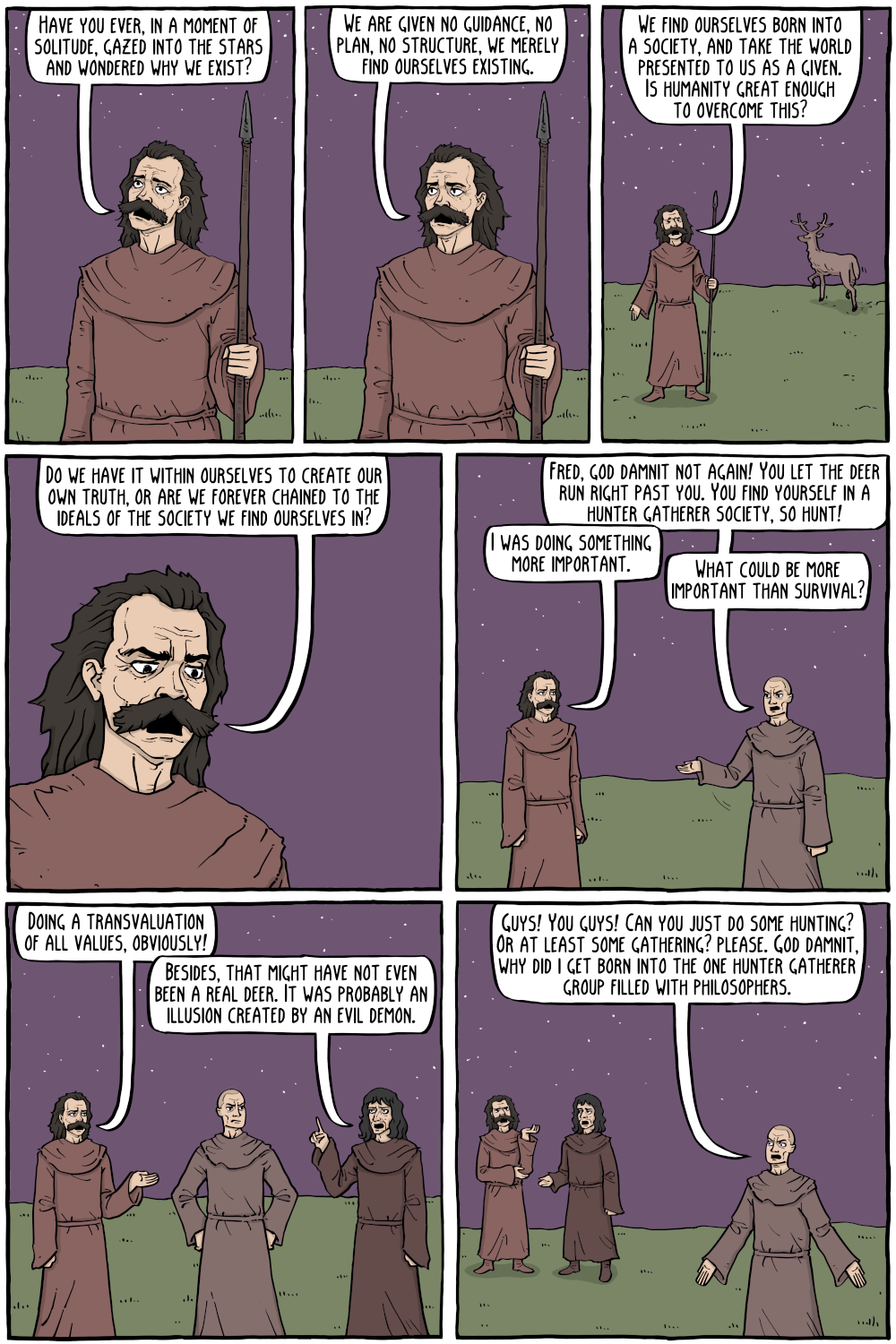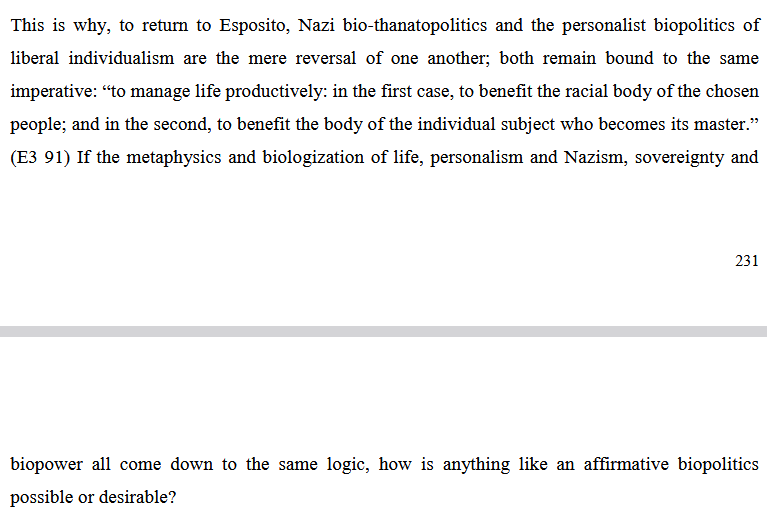Between 3000 BCE and 1800 CE there were more than sixty ‘mega-empires’ that, at the peak, controlled an area of at least one million square kilometres. What were the forces that kept together such huge pre-industrial states? I propose a model for one route to mega-empire, motivated by imperial dynamics in eastern Asia, the world region with the highest concentration of mega-empires. This ‘mirror-empires’ model proposes that antagonistic interactions between nomadic pastoralists and settled agriculturalists result in an autocatalytic process, which pressures both nomadic and farming polities to scale up polity size, and thus military power. The model suggests that location near a steppe frontier should correlate with the frequency of imperiogenesis. A worldwide survey supports this prediction: over 90% of mega-empires arose within or next to the Old World’s arid belt, running from the Sahara desert to the Gobi desert. Specific case studies are also plausibly explained by this model. There are, however, other possible mechanisms for generating empires, of which a few are discussed at the end of the article.
No article to link, so let me explain:
Turchin, who studies history in a more data-science way, found that empires in the past 4000 years seem to pop up in pairs, likely as a result of the escalating arms race between agriculturalists and pastoralists. Pastoralists are used to mobility and trade (using animals for transport); agriculturalists use less land, but still have the tendency to expand for land and to secure trade routes. Obviously, expanding trade means more capital accumulation, and that applies to both. Pastoralists tend to rely on trade as they don't live off a "carnivore diet", but raise the "living stocks" as capital to grow wealth via trade.
The conflict is ancient and ongoing in many parts of the world, usually found as "farmer-herder conflict" in the literature.
Unrelated to the article, this is how I'm interpreting the ongoing war in Sudan, for example.

